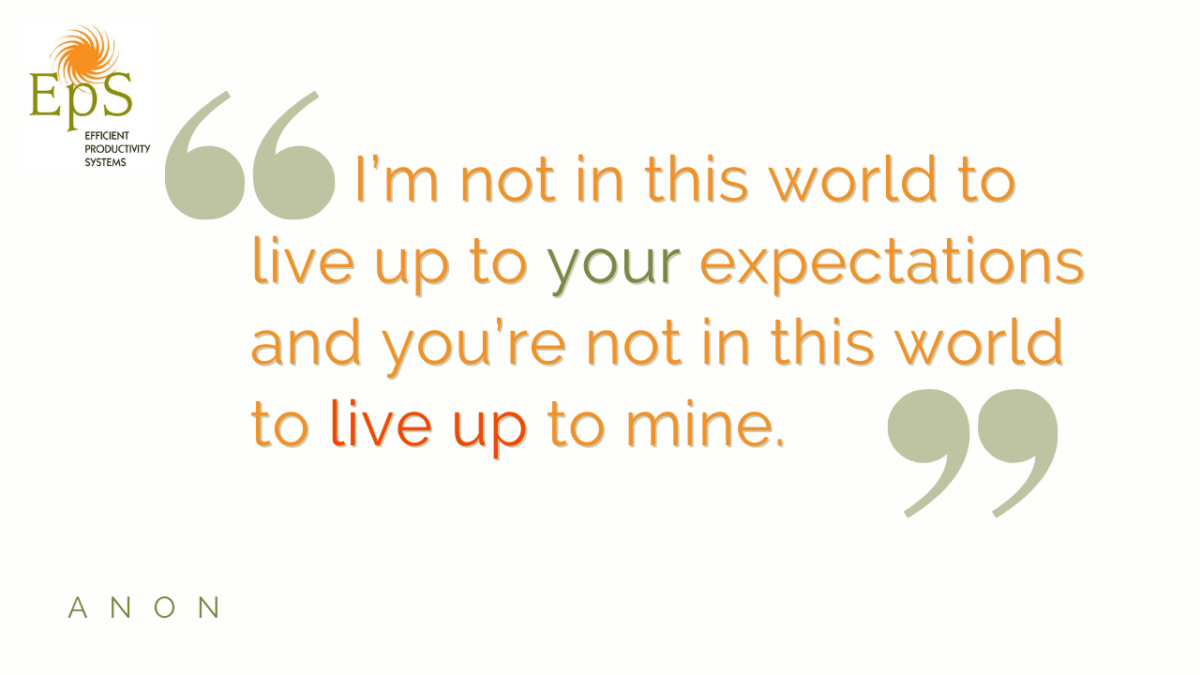Saying NO is often not so easy. Engrained deep down somewhere is the fear of rejection, the fear of someone else saying no to us. Somehow, with the busy lives we lead, many times we find ourselves saying yes, when really we should be saying no. We overstretch ourselves, tire ourselves, burn ourselves out and this could all be remediated by simply saying no. Discernment is critical. So why do we feel so uncomfortable about saying the two-letter word? Saying “no” may feel “aggressive” but it doesn’t necessarily make you the “bad one”. So how do we say NO and not “feel badly” about it?
- Start by saying it! Many times, we don’t use “no! effectively. We find ourselves “beating around the bush”, providing useless explanations or getting ourselves into a mess when really all we need to say is no. Provide a short explanation if you wish to but keep it brief, stay away from excuses and be assertive and confident in the reasons for which you are saying no.
- Set boundaries and understand your relationships – sometimes we can find it hard to say no because we haven’t taken the time to evaluate our relationships and understand our role within them. All solid relationships are built on trust and can withstand you saying no when saying yes just isn’t the right decision for you.
- Remember, the only person who can take care of you is YOU. Therefore, it’s crucial that we know it’s okay to be selfish. It’s perfectly acceptable to put your needs first. As Warren Buffett once said, “The difference between successful people and very successful people is that very successful people say no to almost everything!”
- Just because you can, it doesn’t mean you should. Yes, you heard correctly. You are extremely talented, and your skillset is wide, your heart is big, and you CAN and WANT to help but this doesn’t mean you should. Take time to evaluate the situation. Do you have time to help? Do you have the headspace to help? If you answer no to any of these questions, you should also be saying no to the person asking.
- Learn to negotiate – If you really want to say yes but are torn because you could really do without having this request on your plate, negotiate. Do you need more time to complete the task? Do you need further assistance from a colleague or a friend? Setting conditions to your answer can help free up time and headspace to complete the request at hand.
- Practicing saying no on smaller things will allow you to say yes on bigger things. Do you spend all your time mopping up small tasks? Are they zapping your time, energy and productivity and stopping you from achieving BIG? If this sounds like you, saying no to smaller requests may free you up the time to focus on what you need to get done. It will also set you on the path to learning to say no and accepting the feelings that come with it.
- Remember, it’s okay to say no and you can’t be everything to everyone. You just can’t and the sooner we accept this, the better.
Ultimately, saying no gives us greater navigation over our own lives. It grants us the opportunity to build a fulfilling, meaningful life on our OWN terms and helps us steer away from living by other people’s expectations. It’s easy to believe that we are protecting others by saying yes when we really want to say no, however, being transparent and honest about what we want is key to building authentic relations.
I’ll leave you with this quote as food for thought “Half of the troubles of this life can be traced to saying yes too quickly and not saying no soon enough” – Josh Billings.


